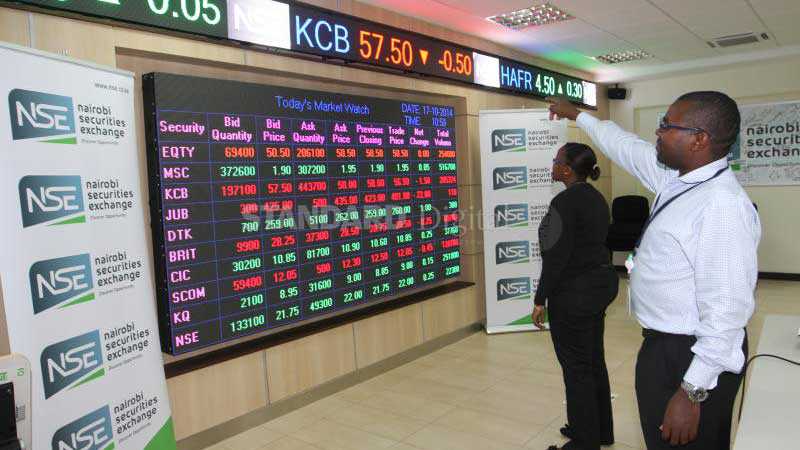×
The Standard e-Paper
Stay Informed, Even Offline

Last year went down with more than half of the Nairobi Securities Exchange (NSE)-listed firms’ profits as lengthy electioneering period and interest rate caps became a cliché on the lips of the captains of the economy.
A total of 12 listed firms issued profit warnings to prepare investors that their bottom-lines were headed for at least a 25 per cent drop. This is even as sharp political exchanges, injuries and deaths ran riot in an economy of near-closed taps of credit.